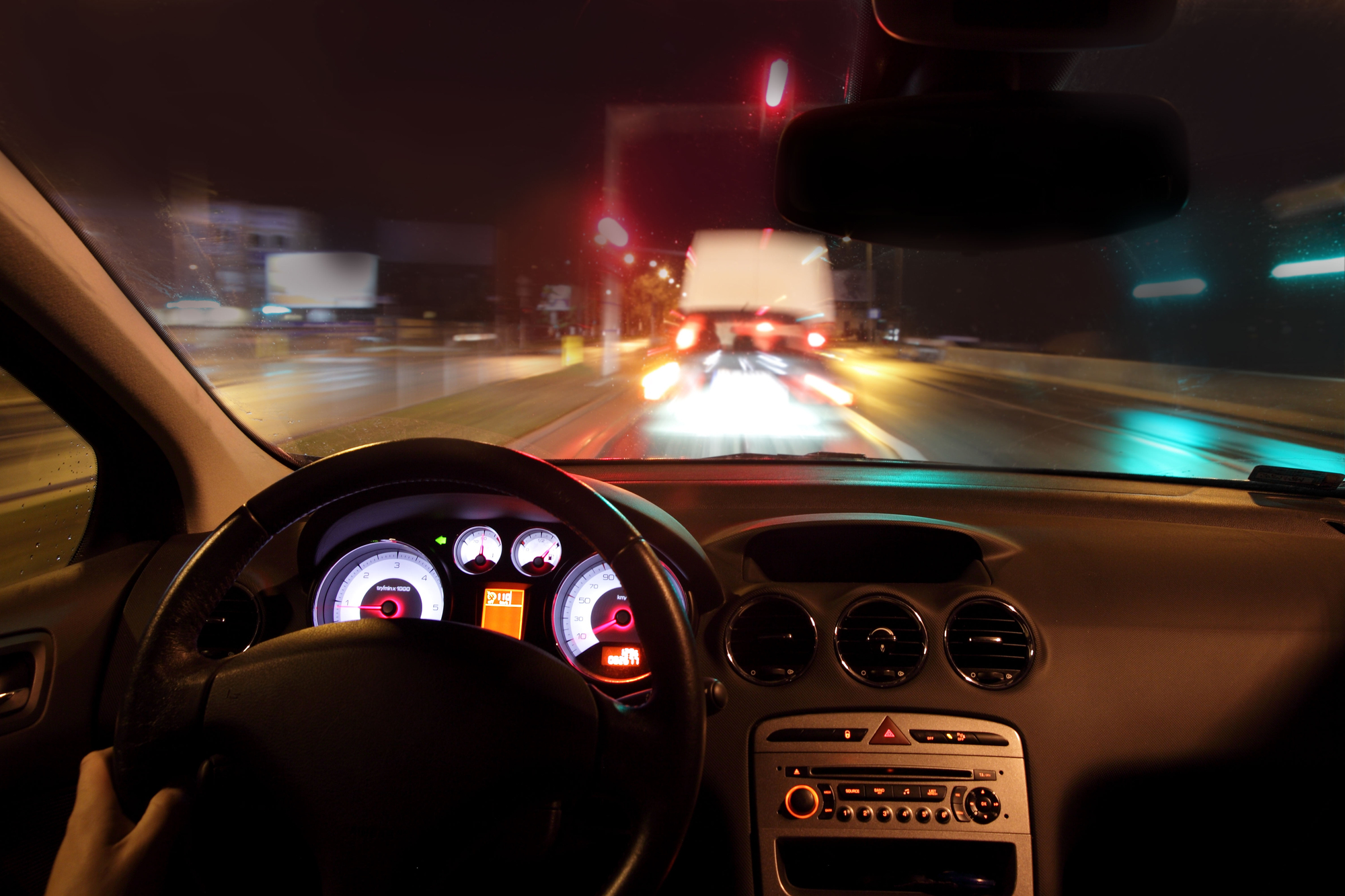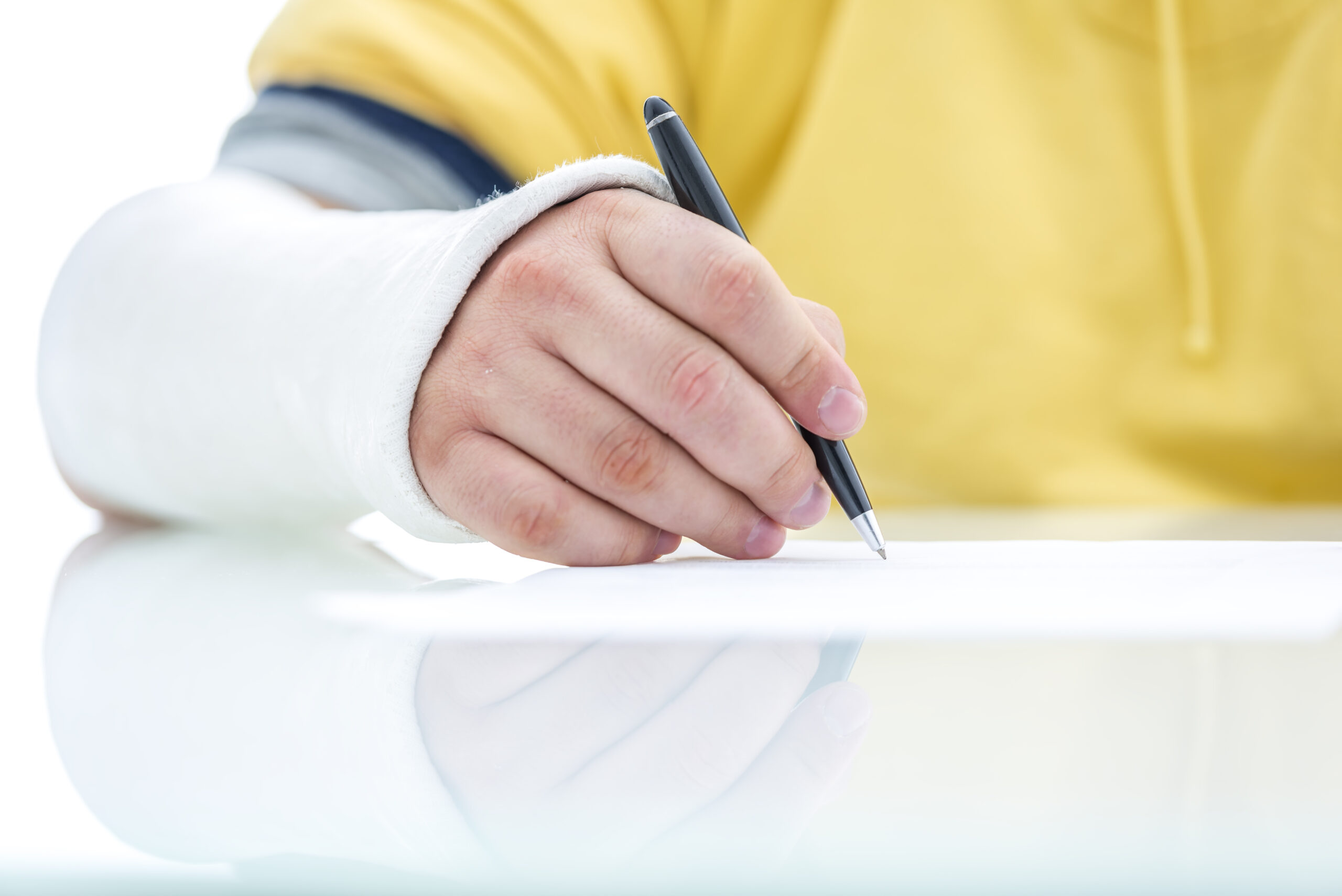In the ever-evolving landscape of transportation technology, self-driving cars stand at the forefront, promising revolutionary changes in how we navigate our roads. While these autonomous vehicles offer a glimpse into the future of mobility, their integration into our daily lives raises complex legal questions, particularly regarding accidents and liability.
Texas, a state known for its vast highways and bustling urban centers, is actively adapting its laws to address the challenges of self-driving car accidents. As technology evolves and societal attitudes shift, Texas remains at the forefront of freedom and innovation, navigating the road ahead with foresight and adaptability.
Understanding the Shift to Autonomous Vehicles
Before delving into Texas’s legal framework, it’s essential to grasp the transformative potential of self-driving cars. Unlike traditional vehicles, autonomous vehicles rely on a combination of sensors, cameras, and artificial intelligence to navigate roads and make driving decisions.
Proponents argue that these vehicles can enhance safety, reduce congestion, and provide greater mobility, especially for individuals with disabilities or limited access to transportation.
Challenges of Self-Driving Cars
However, the transition to self-driving cars isn’t without its hurdles. One of the most significant challenges for the self-driving car market is consumer trust and determining liability in autonomous vehicle accidents.
Unlike car accidents involving human drivers, where fault is typically assigned based on a human being’s negligence, determining liability in self-driving car accidents may involve complex questions of software malfunction, sensor errors, or third-party negligence. It can be scary for consumers to feel that their car is not fully controlled by them, leaving room for a wider variety of factors that could cause a car accident by their vehicle or another on the road, even with a safe, attentive driver behind the wheel.
Complex Chain of Responsibility in self-driving car accidents
Is the driver partially at fault for not reacting “quickly enough” to correct their vehicle? Is the software company that designed the software at fault, or is it the auto-manufacturer who installed and tested it? What if another driver is also in a self-driving car? The web of responsibility can become pretty complex in self-driving car accident investigations.
Texas Laws Adapt to Self-Driving Car Accidents
Texas, home to major cities like Houston, Dallas, and Austin, is no stranger to traffic accidents. As the state embraces innovation in transportation, its lawmakers are proactively revisiting existing statutes to accommodate the unique legal considerations of self-driving cars.
Senate Bill 2205: Facilitating Autonomous Vehicle Testing
In 2017, Texas took a significant step forward with the passage of Senate Bill 2205, also known as the Autonomous Vehicle Bill. This legislation aimed to promote the testing and deploying of autonomous vehicles on Texas roads while addressing liability concerns. Under the bill, autonomous vehicle manufacturers must carry insurance or provide a bond to cover potential damages resulting from accidents involving their self-driving cars.
House Bill 3693: Autonomous Vehicle Regulations
Building upon the foundation laid by Senate Bill 2205, Texas further refined its approach to autonomous vehicles with the passage of House Bill 3693 in 2019. This legislation established a comprehensive framework for regulating autonomous vehicles, including testing, registration, and operation requirements. Notably, House Bill 3693 clarified that autonomous vehicles must comply with all existing traffic laws unless specifically exempted by the Texas Department of Transportation.
Who is At Fault?
Despite these legislative efforts, questions surrounding the enforcement of these bills in practice and determining liability in self-driving car accidents remain complex. Texas follows a “fault” system for auto insurance, meaning the party at fault in an accident is responsible for covering the resulting damages.
In self-driving car accidents, determining fault may involve investigating the actions of the vehicle’s operator, the manufacturer, or third-party entities responsible for maintenance or software updates.
Recent Developments and Challenges
While Texas has made strides in adapting its laws to accommodate self-driving cars, ongoing developments in autonomous vehicle technology present new challenges. As self-driving cars become more prevalent on Texas roads, lawmakers must remain vigilant in updating regulations to address emerging cybersecurity threats, data privacy concerns, and the ethical implications of autonomous decision-making.
Looking Ahead: The Future of Autonomous Vehicles in Texas
Self-driving cars won’t likely be going anywhere soon. Despite the social apprehension and the legal complexities, the future of autonomous vehicles in Texas appears promising. As more drivers become familiar with the technology and it continues to improve, consumers choosing self-driving cars will likely be much more commonplace.
As technology continues to advance and public acceptance grows, self-driving cars have the potential to revolutionize transportation in the Lone Star State. From improving road safety to enhancing residents’ mobility options, autonomous vehicles promise a more efficient and connected transportation system.
Navigating the Road To Come
Texas is actively adapting its laws to address the unique legal considerations of self-driving car accidents and will continue to do so. Through legislative initiatives like Senate Bill 2205 and House Bill 3693, the state is laying the groundwork for the safe and responsible integration of autonomous vehicles into its transportation ecosystem.
Seek Guidance from a houston car accident attorney
If you own an autonomous vehicle and want to better understand your rights and responsibilities, consulting with an experienced attorney is wise. A car accident lawyer can advise on the most up-to-date laws and factors that affect your situation.
Prepare yourself for the future by staying educated on the laws that may affect you or or loved ones. For a free consultation with our experienced team, call The Alfred Firm at (713) 470-9714 today.

 Call Us Now
Call Us Now Email Us Now
Email Us Now


